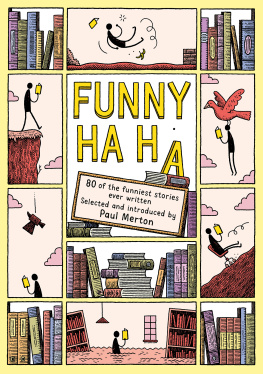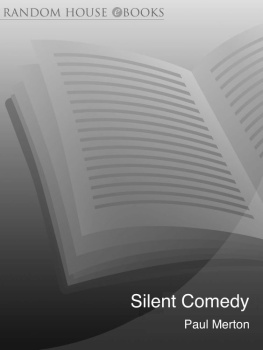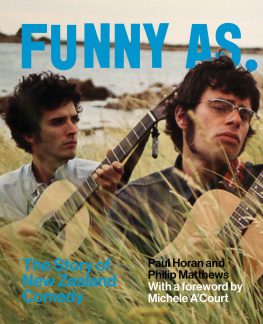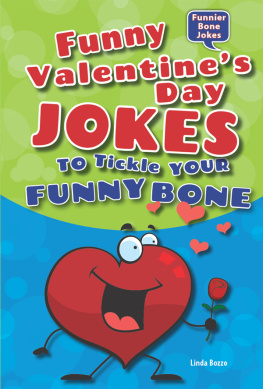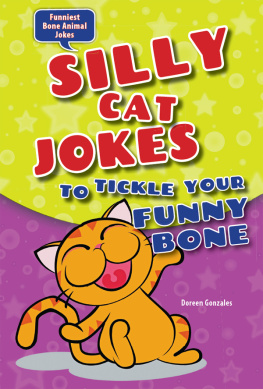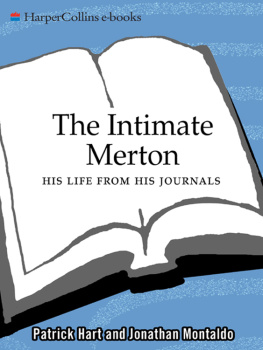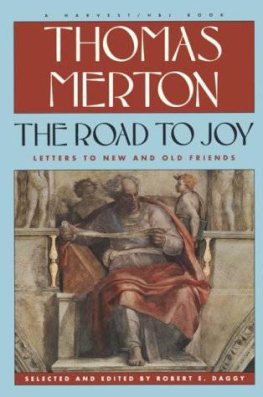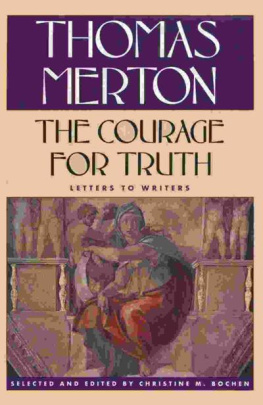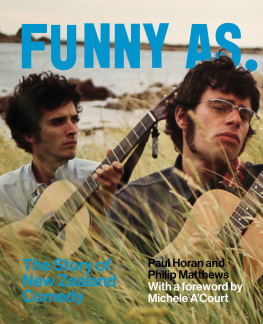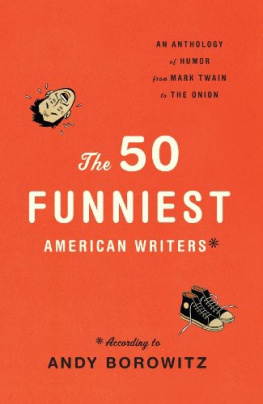

www.headofzeus.com
First published in the UK in 2019 by Head of Zeus Ltd
In the compilation and introductory material Paul Merton
The moral right of Paul Merton to be identified as the editor of this work has been asserted in accordance with the Copyright, Designs and Patents Act of 1988.
The moral right of the contributing authors of this anthology to be identified as such is asserted in accordance with the Copyright, Designs and Patents Act of 1988.
The list of individual titles and respective copyrights to be found on page 625 constitutes an extension of this copyright page.
All rights reserved. No part of this publication may be reproduced, stored in a retrieval system, or transmitted in any form or by any means, electronic, mechanical, photocopying, recording, or otherwise, without the prior permission of both the copyright owner and the above publisher of this book.
This is an anthology of fiction. All characters, organizations, and events portrayed in each story are either products of each authors imagination or are used fictitiously.
A catalogue record for this book is available from the British Library.
ISBN (HB) 9781788544269
ISBN (E) 9781788544252
Design & illustration: Tom Gauld
Head of Zeus Ltd
58 Hardwick Street
London EC R RG
WWW . HEADOFZEUS . COM
For Suki
And my grandfather James Jimmy Power.
Im sorry I never knew you.
CONTENTS
My favourite subject in school was English. I thoroughly enjoyed writing essays or compositions as they were called when I was ten. I suppose they were short stories of a kind; peopled with strange characters and the odd joke borrowed from The Goon Show . Spike Milligans scripts were my first introduction to surreal humour, and a fondness for the absurd, strange and bizarre has stayed with me since those very early days.
The first comic short stories that I remember reading were by Richmal Crompton, whose immortal creation Just William aka William Brown captivated me from the start. William, the scruffy-socked rebellious hero, was a boy to look up to. He and his gang of Outlaws had endless adventures in 1920s rural England, a time and place that seemed far removed from my own world. This is where I first experienced the pure and delightful escapism a good story can provide.
As I progressed through school, my appetite for composing fiction grew year by year. Sometimes I tested the teachers marking my efforts. One composition, featuring a budgie called Amos the Turk, was considered good enough for me to read out loud to the rest of the class. One of my first experiences of performing my own material to an appreciative audience was, however, marred by my English teachers disdain for what I considered to be a legitimate comic ending: I then ran out of the hotel, hailed a passing taxi, and was never seen again . You cant say that! my teacher said, only other people can say you were never seen again. I knew he was wrong, and I refused to accept limitations being imposed on what I was beginning to look upon as my craft. My next composition finished with the words: so there I was in the Amazon jungle surrounded by dozens of small threatening men, holding poison-tipped spears to my bare chest, when I suddenly hailed a passing taxi and was never seen again. The teacher wrote, yes, alright! in red ink at the bottom of the page, and I remember feeling a keen sense of victory as, for once, comic writing had vanquished the voice of authority.
The comic short stories I wrote during my school years were an invaluable preparation for my first experiences in showbusiness as a stand-up comedian. The first piece I performed in front of a paying audience was of a policeman giving evidence in court describing a hallucinogenic experience he had suffered after unknowingly ingesting LSD. It went really well. My love of the surreal came shining through on such lines as, I saw Constable Parrish approaching me, disguised as a fortnights holiday in Benidorm . I found this type of character-driven monologue easier to write than bog-standard jokes I was tapping into my school experience of creating fantasy worlds where a taxi could appear in a jungle, and a budgie could be named Amos the Turk. Clearly, my taste in comic writing leans heavily towards the fantastic.
Some authors in this collection are new to me. Before I began researching this book, I had never heard of Leonora Carrington. She was British born, but lived most of her life in Mexico City. She was a surrealist painter as well as a writer of short fiction and I have included two of her stories in this collection. They are prime examples of imaginative imagery combined with dazzling prose. In The Neutral Man, she describes the title character in one stunning sentence: I saw a man of such neutral appearance that he struck me like a salmon with the head of a sphinx in the middle of a railway station. Naturally, such a description is right up my street, but I mustnt give the impression that all my selections are surreal in tone. There are many that are down to earth, although comic exaggeration always plays a part.
A word now on how the stories were selected. Firstly, most authors do not write short stories, and those that do seldom compose purely comic ones. There are very few P.G. Wodehouses out there, who delight in creating charming scenarios where nobody dies and the hero always emerges triumphant. Wodehouse is one of a handful of authors that I simply couldnt get enough of, so I have chosen three of his works for this compendium. A Jeeves and Wooster story was unavoidable, and Mulliners Buck-U-Uppo has been a favourite of mine since I first read it forty years ago. But I didnt want to simply pick stories that would be familiar to the well-read reader, so my third Wodehouse choice, A Day with the Swattesmore, is hopefully an obscure delight that only the most devoted of fans would have been previously aware of.
The other authors who merit a three-story selection are Saki, Joyce Grenfell, Giovanni Guareschi, S.J. Perelman, Oscar Wilde and Victoria Wood. They each create such captivating worlds that I found it very difficult to tear myself away or to choose just one. Although Joyce Grenfell and Victoria Wood are not traditionally seen as short story writers, I have no problem stretching the definition of the form to include them here. After all, this is a book of my favourite comic writing, so it must include my favourite comic writers. Peter Cook and Dudley Moore, and the writers of Hancocks Half Hour Ray Galton and Alan Simpson, are also included simply because they are too good to leave out. Ray and Alans first entry, an extract from Hancock in the Police featuring Tony Hancock and Kenneth Williams is, for my money, one of the funniest routines ever written. I urge you to listen to the actual recording of the programme. Every line gets a huge laugh from the studio audience. The sheer density of the jokes is phenomenal and I know of no other sketch that packs so much laughter into just a few minutes. A comparison between the script as written and the final version performed live reveals the material that was added after the casts initial read through. No doubt inspired by Kenneth Williamss sublime performance, the writers added extra lines. The performance pieces in this volume are ones that I grew up with, but they also stand up as literature on the page.

